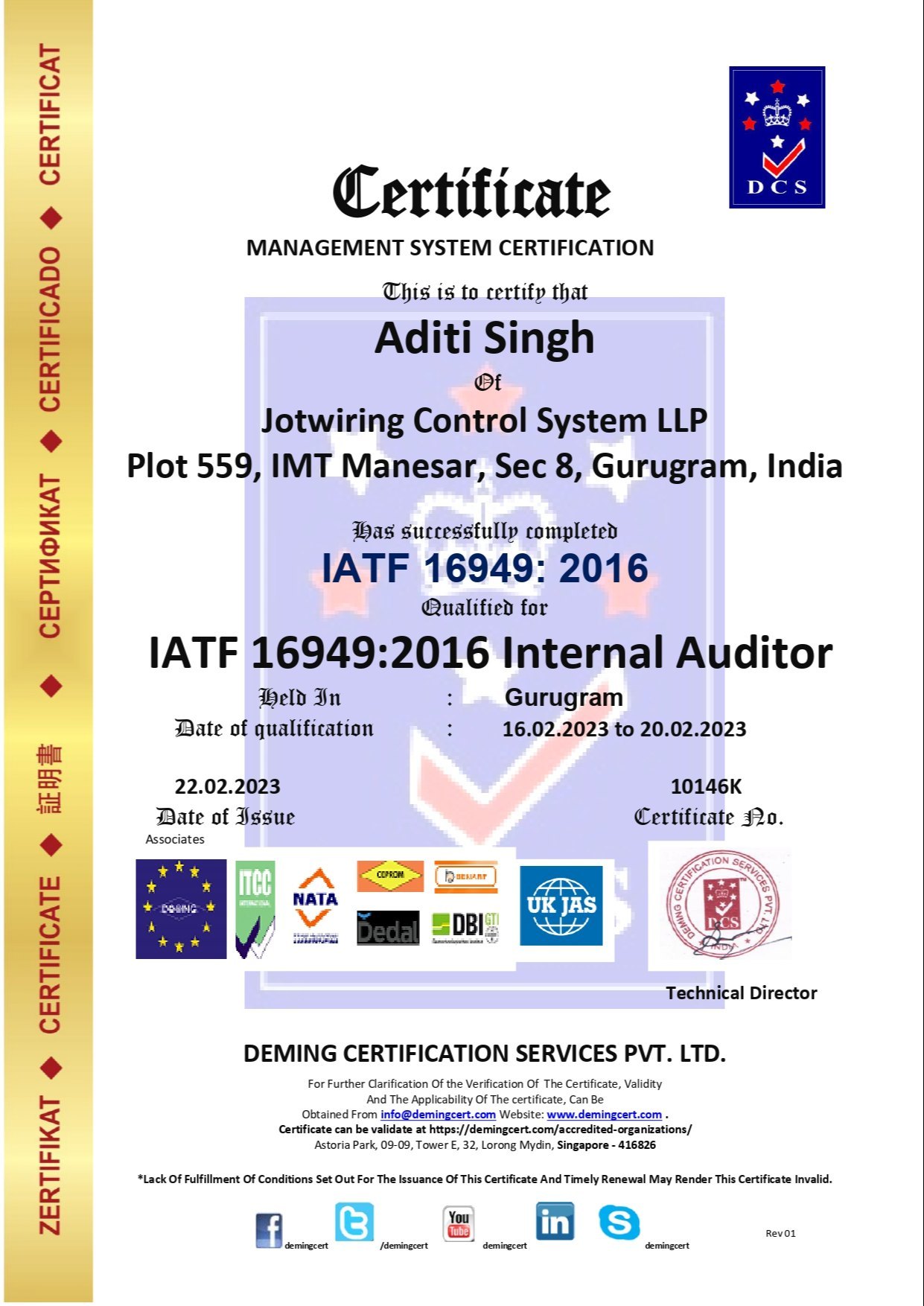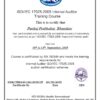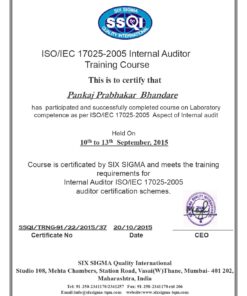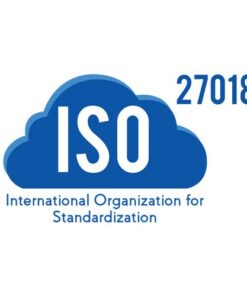IATF Internal Auditor Training On ISO/TS16949
₹24,000.00 Original price was: ₹24,000.00.₹12,000.00Current price is: ₹12,000.00.
What you will gain:
Higher Effectiveness and Efficiency on their Job Excellent
Career Enhancement Opportunity
Internationally Recognized Qualification
Photo-identity Card from ASCB(Europe) Ltd. – UK Listing among an International list of Quality Professionals.
ASCB(UK) approved Developing & enhancing automotive QMS auditing skills
The objective is to impart knowledge & skills to enable delegates to plan, conduct & manage internal audits of automotive quality management system based on ISO/TS 16949:2009.
ISO/TS 16949 Internal Auditor Course
Course Objectives
The essential objective of this course is to refresh and/or review the structure & basic requirements of ISO/TS 16949:2009 & enable the company employees to plan & conduct the internal audit to improve the effectiveness of QMS & add value to the organization. It also helps people to get an opportunity to enhance their auditing skills & demonstrate compliance to the standard’s requirement.
Course Features
The course is highly interactive, not only with reference to answering queries, but also sharing the experience gathered through regular audits & working experience in the automotive industry. The course include series of lectures with individual/syndicate exercises for better learning.
Who should attend?
- Delegates who wish to become competent internal auditor for QMS based on ISO/TS 16949
- Delegates implementing QMS based on ISO/TS 16949 in their organization
- Consultants of QMS based on ISO/TS 16949
Course Contents
- Introduction to ISO/TS 16949
- Quality management principles
- Overview of ISO/TS 16949:2009 requirements
- Process development & core tools
- Introduction to auditing : definition, types of audits, audit terms & principles
- Phases of audit : audit planning, audit preparation, audit performance & review, audit follow-up & audit reporting
- Auditor attributes, competence & evaluation
- Individual / Syndicate exercises
- Course summary
- Written examination.Internal Auditor training on ISO/TS 16949 is crucial for organizations seeking compliance with this automotive quality management standard. ISO/TS 16949, which has been replaced by IATF 16949, outlines the requirements for a quality management system specifically tailored to the automotive industry. Here’s an outline of what such a training program might cover:
- Introduction to ISO/TS 16949: Overview of the standard, its purpose, scope, and significance in the automotive industry.
- Quality Management Principles: Understanding the principles underlying ISO/TS 16949 and how they apply to automotive manufacturing processes.
- Key Requirements of ISO/TS 16949: In-depth exploration of each clause and requirement of the standard, including:
- Quality management system (QMS) documentation requirements
- Management responsibility
- Resource management
- Product realization
- Measurement, analysis, and improvement
- Auditing Principles: Understanding the principles of auditing, including planning, conducting, reporting, and follow-up.
- Types of Audits: Differentiating between internal audits, supplier audits, and third-party audits.
- Audit Preparation: Steps for preparing for an internal audit, including defining objectives, selecting auditors, and developing checklists.
- Audit Techniques: Practical techniques for conducting audits, including documentation review, interviews, and observation.
- Audit Reporting: Guidelines for preparing audit reports, including non-conformity identification, root cause analysis, and corrective action recommendations.
- Corrective Action: Understanding the corrective action process and its importance in addressing non-conformities identified during audits.
- Audit Follow-Up: Procedures for verifying the effectiveness of corrective actions and closing out audit findings.
- Role-Play Exercises: Practical exercises to simulate audit scenarios and practice auditing skills.
- Case Studies: Analysis of real-life audit scenarios and how they were addressed, highlighting best practices and lessons learned.
- Continuous Improvement: Emphasizing the importance of continual improvement in the context of ISO/TS 16949 compliance.
- Documentation and Record Keeping: Requirements for documenting audit activities and maintaining records in accordance with ISO/TS 16949.
- Certification Process: Overview of the certification process and the role of internal audits in achieving and maintaining certification.
- Q&A and Discussion: Opportunity for participants to ask questions and discuss specific challenges or concerns related to internal auditing and ISO/TS 16949 compliance.
The training should be interactive and engaging, incorporating a mix of presentations, discussions, case studies, and practical exercises to ensure participants gain a thorough understanding of the standard and develop the skills necessary to conduct effective internal audits.
Be the first to review “IATF Internal Auditor Training On ISO/TS16949” Cancel reply
Related products
Internal Auditor Training Service
Iso & Product Certification 2
ISO/TS 16401-1:2012 Part 1: Test Suite Structure And Test Purposes
CE Certification Services






Reviews
There are no reviews yet.